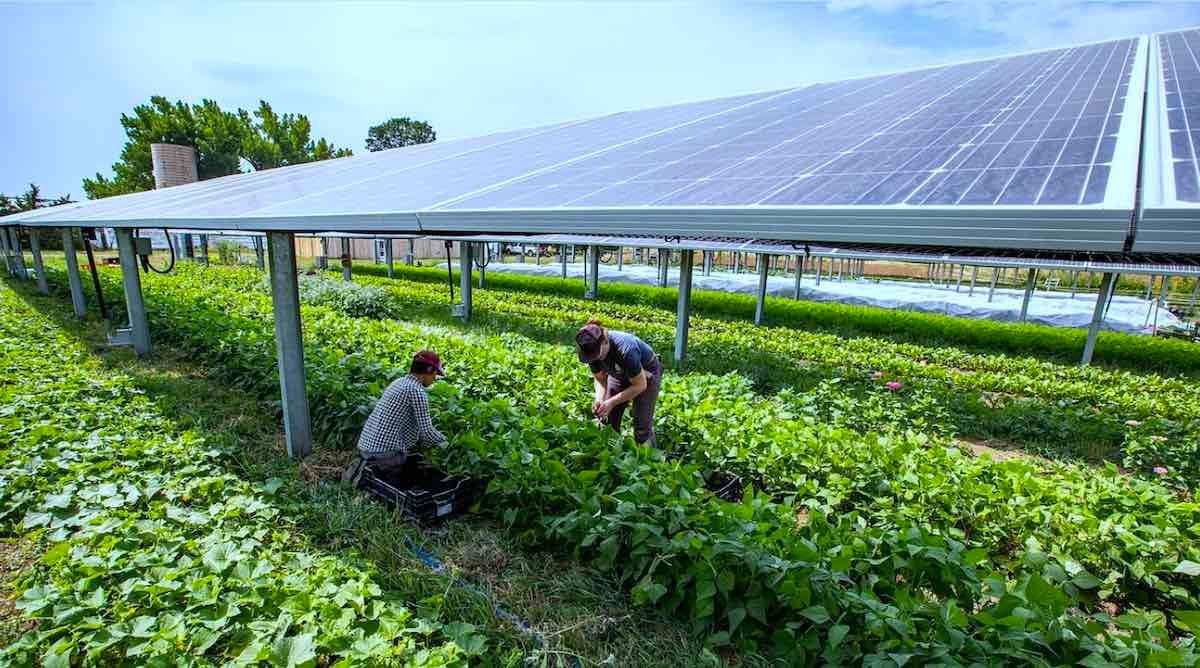Puerto Rico coronavirus statistics for July 20
According to the Puerto Rico Health Department, 12,461 people are believed to have been infected with COVID-19, an increase of 2,451 since last week. This points to a dramatic spike in new cases, as the increase between July 6 and July 13 was 1,425. The death toll is currently 180, with thirteen people having died in the past week.
Beginning on June, the Health Department changed the way it recorded cases, splitting them between confirmed cases (as determined by molecular diagnostic testing) and probable cases (as determined by serological, non-diagnostic testing). Viewed through that prism, Puerto Rico currently has 4,011 confirmed cases of COVID-19 (an increase of 1,200 over the past week) and 8,450 probable cases (an increase of 1,251 over the past week). The number of probable cases was boosted by the addition of 185 previously unreported cases.
There are currently 336 people hospitalized due to COVID. Last Monday, that amount was 159, and the increase has led at least one health care center, the Centro Medico, to be filled to capacity.
Faced with a dramatic and unabated increase in cases, the Puerto Rico government took steps to once again prohibit a number of activities that had resumed during the past two months. Activities now banned until at least July 31 include the sale of alcoholic drinks after 7 p.m., gatherings of people outside businesses and restaurants, and the opening of clubs, bars, movie theaters, theaters, casinos, gyms, and amusement parks. Limits were placed on sea-related activities, with swimming on beaches once again prohibited. Public transportation is once again unavailable.
Restaurants must once again only operate up to 50% capacity.
The full scope of new restrictions can be read in Executive Order 2020-054.
As reported by El Nuevo Día on July 9, the pandemic has led to Puerto Rico’s fifth dire economic circumstance in three years. Experts consider this one to be even worse than the crisis caused by Hurricane María, as some of the resourses available then—international aid and the possibility of emigration to the mainland United States– are unavailable now.
PREPA workers protest privatization efforts, call for contract cancelation
The Active and Retired Employee Alliance for the Puerto Rico Electric Power Authority (PREPA) officially began its resistance efforts against the fifteen-year $1.5 billion privatization contract awarded to LUMA Energy. The American-Canadian consortium made up of the companies Quanta Services, ATCO and IEM has been placed in charge of energy transmission and distribution systems as well as client service and other operational areas.
The Alliance’s grievances, voiced by the UTIER (Electrical Industry and Irrigation Workers Union) president Ángel Figueroa Jaramillo, include alleged imminent increases in power bills, the dismantling of PREPA’s retirement system, and instability for PREPA workers. Figueroa Jaramillo also accused LUMA Energy of intending to steal the $18 billion in federal funds awarded to rebuild Puerto Rico’s power grid in the wake of Hurricane Maria. Meanwhile, Johnny Rodríguez, president of PREPA’s Retired Employees’ Association, declared that the contract essentially did away with the existing pension plan for employees and “offers nothing” to those who have retired from the company. Protests against the contract are slated to last until at least August 9, when Puerto Rico is scheduled to hold its primaries.
Rationing continues as reservoir water levels shift
After a period of reduced water levels leading to the activation of rationing plans, Puerto Ricans obtained relief as rains caused the Carraizo reservoir’s water levels to increase by 82 centimeters in one day. The rebound, although far from sufficient to eliminate all danger, was sufficient enough to convince the Puerto Rico Aqueducts and Sewers Authority (PRASA) to modify its rationing plan to a less restrictive one, in which there would be twenty hours of interrupted service for every twenty-eight hours with water. With no significant rain expected in the near future, water rationing is set to continue until further notice.
Governor extends moratorium on mortgage payments
Governor Wanda Vázquez Garced this week signed into law Senate Joint Resolution 525, which amends a previous resolution extending current moratoriums on mortgage payments until the end of August. The original measure covered the months of March through June. Until it expires, surcharges, penalties, interest rate increases or amendments are banned for those who opt into the measure’s protections.
Share
STAY IN THE LOOP
Subscribe to our free newsletter.
La organización BoricuaActivatEd celebró su séptimo aniversario con reconocimientos al líder de la red evangélica Esperanza y de la comunidad boricua de Filadelfia, Luis Cortés, y el legendario artista Antonio Martorell. Cortés, premiado por su
tudy: Economy leading factor for Puerto Ricans moving to Florida A new survey unveiled Monday in Washington, D.C. sheds new light on factors contributing to Puerto Ricans moving to the state of Florida. The Puerto
New federal funds for solar, battery storage announced The Department of Energy (DOE) on Thursday announced a conditional commitment to finance new solar and battery storage facilities on the southern coast of Puerto Rico. The investment




